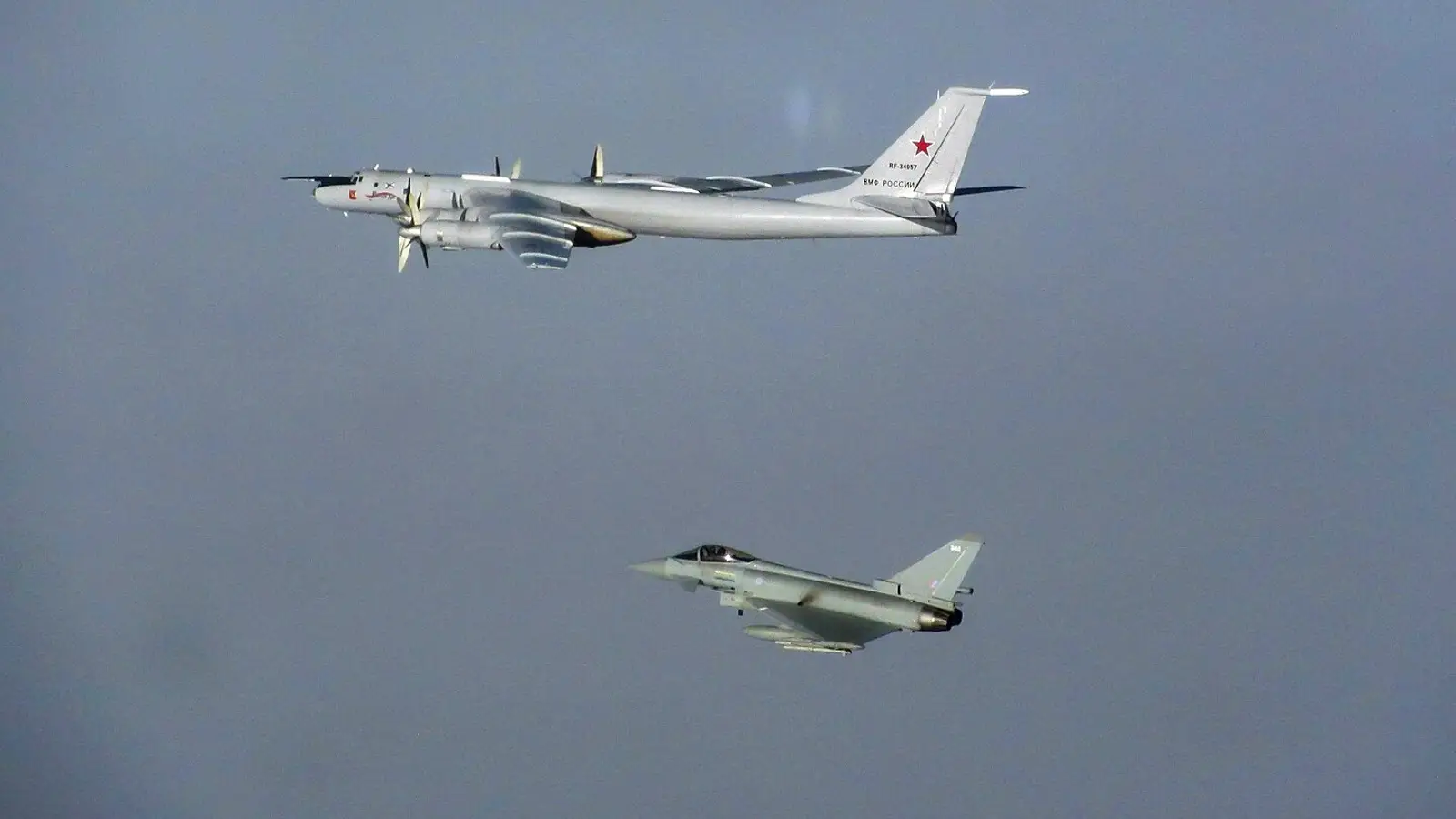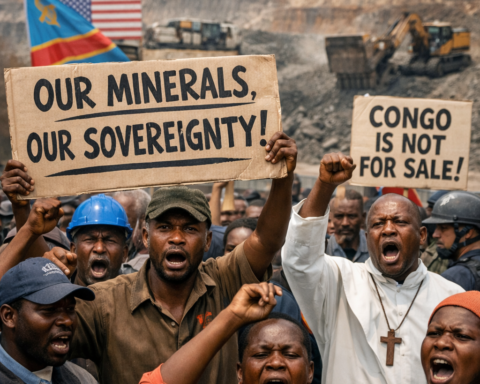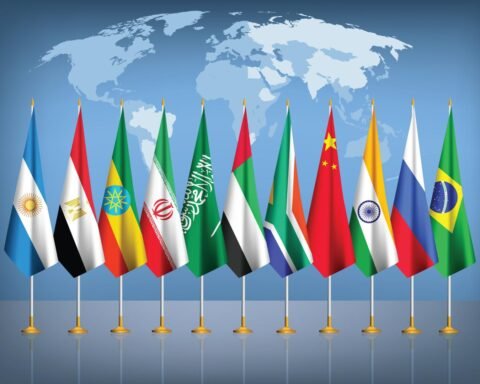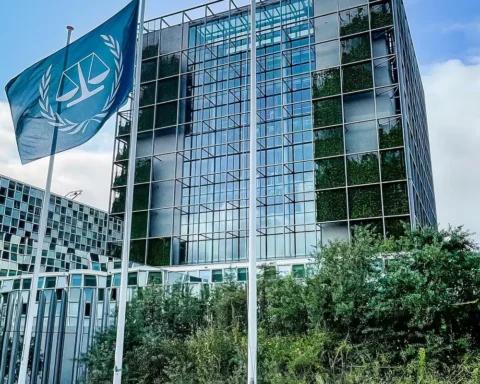Tensions in Eastern Europe have reached a new high as former Russian President Dmitry Medvedev warned that any attempt by NATO to impose a no-fly zone over Ukraine could be considered a direct act of war.
His comments, shared on social media, describe such moves as “provocative” and a potential trigger for a wider military confrontation between Russia and NATO forces.
The warning comes amid reports that over 1,200 civilians in Ukraine have been killed or injured due to the use of cluster munitions—explosive weapons banned by international law for their indiscriminate impact. The ongoing conflict, which began over three years ago with Russia’s invasion, has left thousands of civilians in peril, raising urgent concerns about the humanitarian toll.
Recent incidents have further escalated tensions. Polish airspace was reportedly breached by drones linked to Russian operations, prompting Polish forces, a NATO member, to shoot them down. This event marks a notable escalation in the conflict and highlights the fragile balance of international military engagement.
Also Read; U.S. Envoy Warns Tanzanians Against Visa Overstays
While Medvedev’s remarks carry a strong political message, they also underline the delicate challenge faced by the international community: how to protect civilians in Ukraine without igniting a larger, potentially global, conflict. Diplomatic channels remain crucial, yet the situation on the ground continues to shift rapidly, leaving millions anxious about the next moves in this ongoing war.
The human cost is immense. Families live in constant fear, often displaced and vulnerable. Humanitarian organizations warn that without urgent interventions, the civilian suffering will only intensify. Leaders around the world are watching closely, aware that every decision—whether to provide military support, impose sanctions, or negotiate ceasefires—has far-reaching consequences.
Ultimately, the situation illustrates the fragility of peace and the complex calculus of modern warfare, where decisions made in political offices reverberate through communities and across borders. The coming days will be crucial in determining whether diplomacy can prevent a broader escalation or whether tensions spiral into open confrontation.







